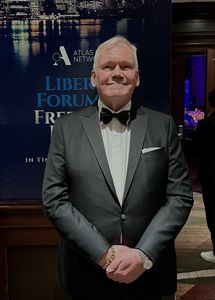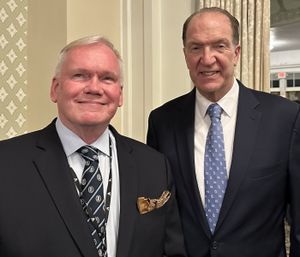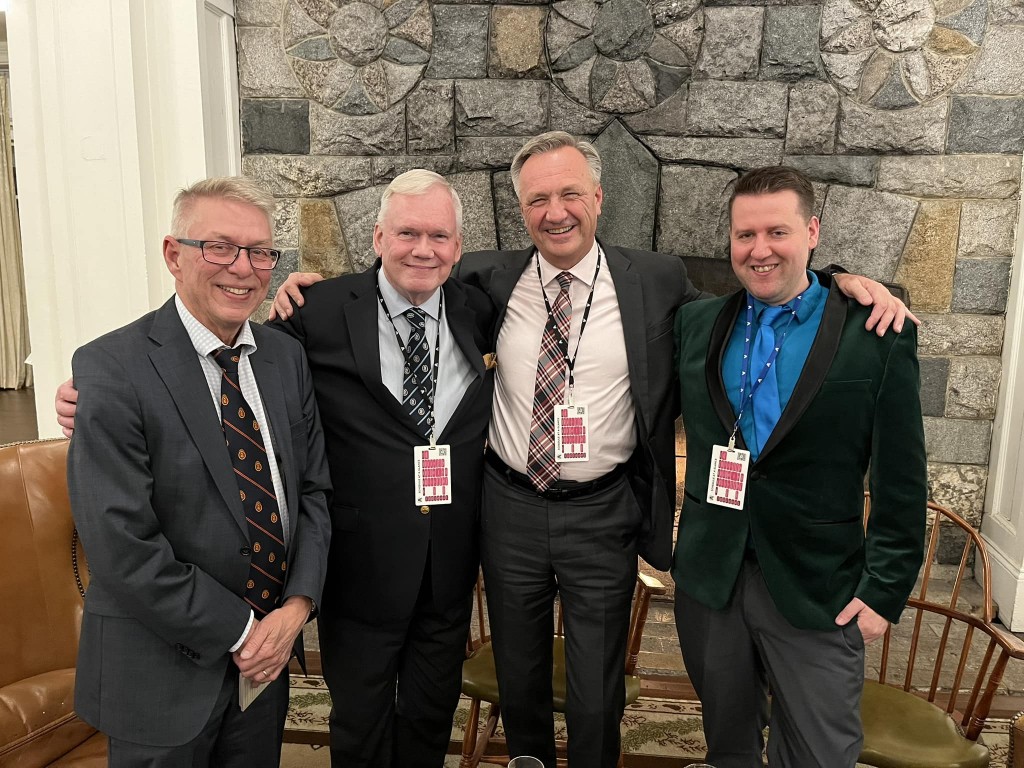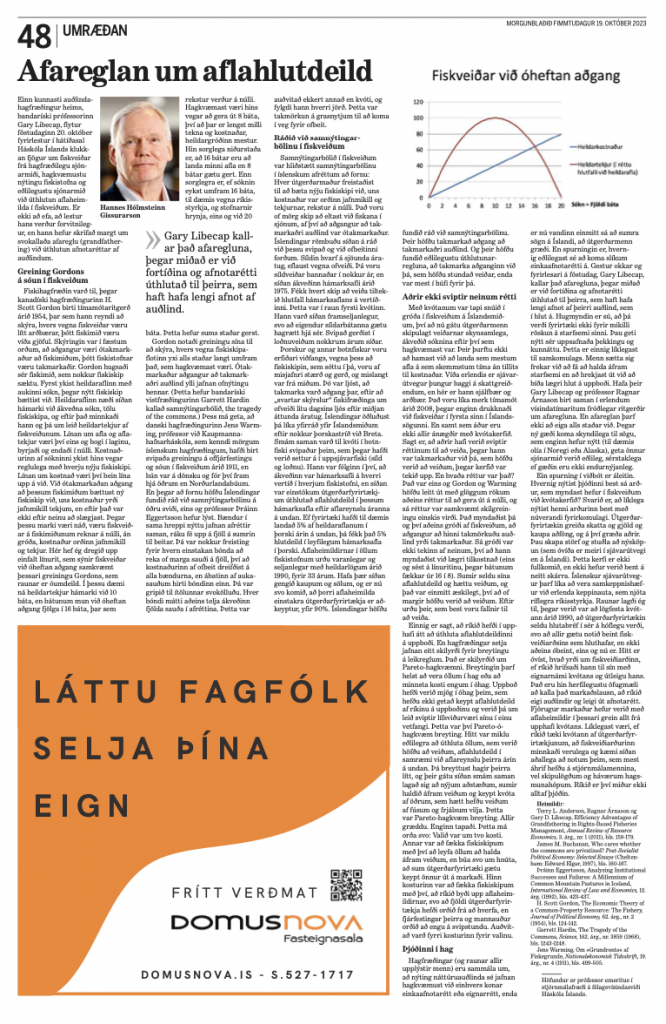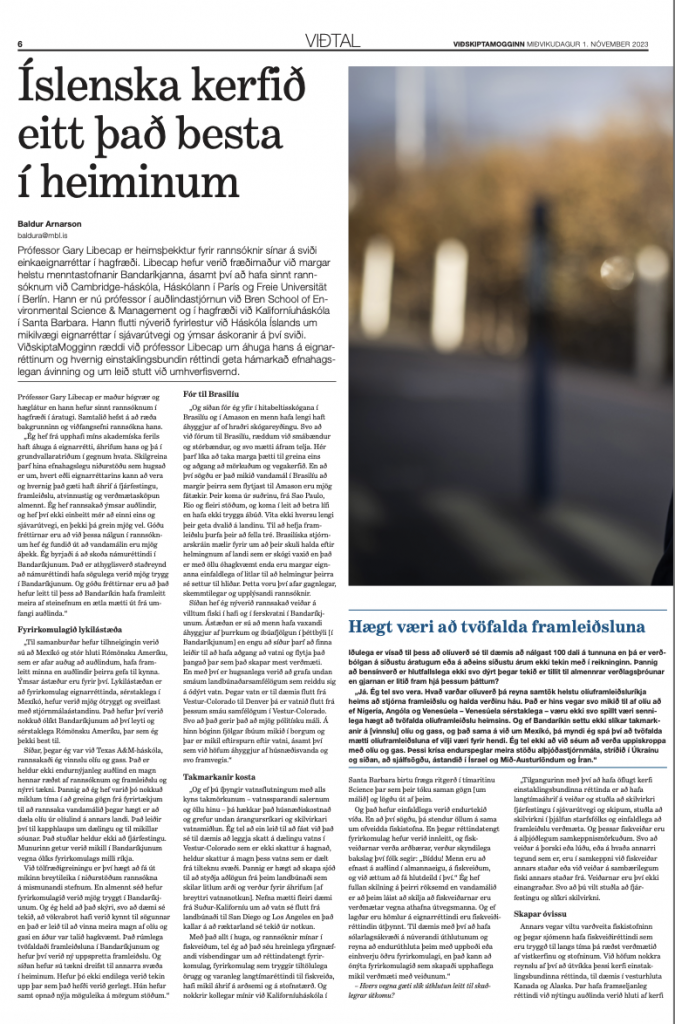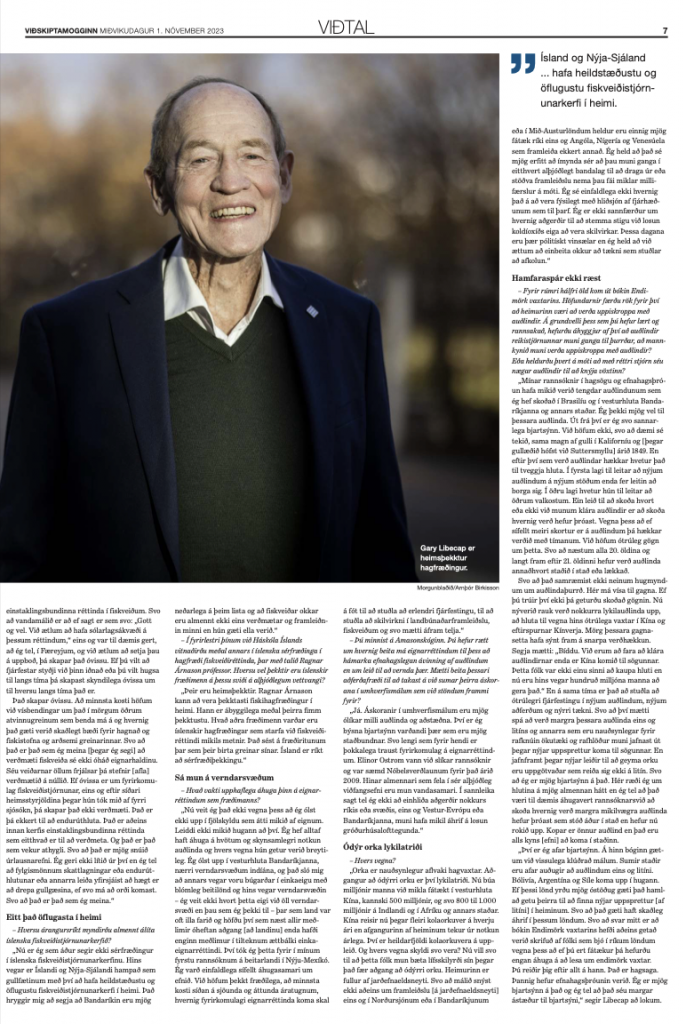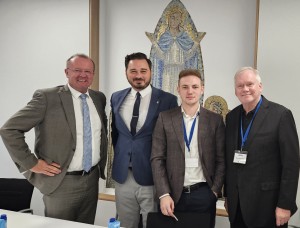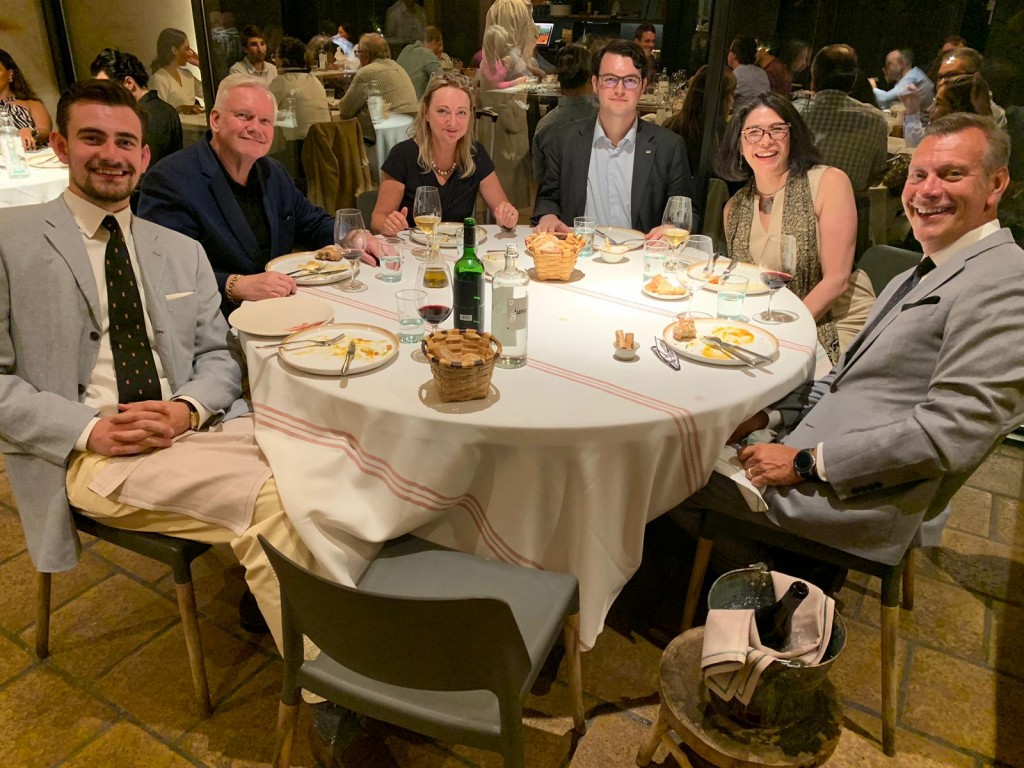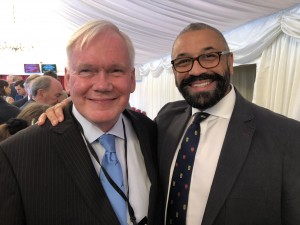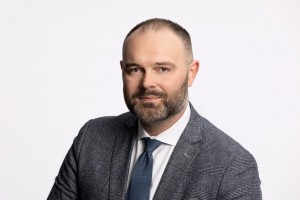 Hannes H. Gissurarson, Professor Emeritus of Politics at the University of Iceland, was a guest in Gisli Freyr Valdorsson’s podcast, Thjodmal, on 4 March 2024. He said that Western universities had abandoned their traditional and proper purpose which was to be a platform for science as the free competition of ideas. They were never supposed to be motivational meetings or choirs singing to one tune only. At present, the universities had become bastions of cancel culture and wokeism, having turned their back on critical thought, respect for people with different ideas and the toleration which distinguished between accepting and allowing other opinions. Gissurarson recalled when he and a few friends of his operated in the autumn of 1984 an illegal radio station in protest against the government monopoly of broadcasting. For this he was convicted and proud of it. Gissurarson also gave an account of his activities for the last couple of years, including lectures and books. In 2020 the Brussels think tank New Direction had published his Twenty-Four Conservative-Liberal Thinkers in two volumes, from Snorri Sturluson to Robert Nozick, where the longest chapters were about Friedrich A. von Hayek and Milton Friedman, both of whom Gissurarson knew personally. Now his major research project was the conservative-liberal heritage of the Nordic nations.
Hannes H. Gissurarson, Professor Emeritus of Politics at the University of Iceland, was a guest in Gisli Freyr Valdorsson’s podcast, Thjodmal, on 4 March 2024. He said that Western universities had abandoned their traditional and proper purpose which was to be a platform for science as the free competition of ideas. They were never supposed to be motivational meetings or choirs singing to one tune only. At present, the universities had become bastions of cancel culture and wokeism, having turned their back on critical thought, respect for people with different ideas and the toleration which distinguished between accepting and allowing other opinions. Gissurarson recalled when he and a few friends of his operated in the autumn of 1984 an illegal radio station in protest against the government monopoly of broadcasting. For this he was convicted and proud of it. Gissurarson also gave an account of his activities for the last couple of years, including lectures and books. In 2020 the Brussels think tank New Direction had published his Twenty-Four Conservative-Liberal Thinkers in two volumes, from Snorri Sturluson to Robert Nozick, where the longest chapters were about Friedrich A. von Hayek and Milton Friedman, both of whom Gissurarson knew personally. Now his major research project was the conservative-liberal heritage of the Nordic nations.
Tabula Gratulatoria – Ragnar Árnason
Coming Up
Research Areas
Roots
Blogs
Archives
- March 2025
- October 2024
- September 2024
- July 2024
- June 2024
- May 2024
- April 2024
- March 2024
- November 2023
- September 2023
- June 2023
- May 2023
- January 2023
- December 2022
- November 2022
- October 2022
- September 2022
- August 2022
- July 2022
- January 2022
- December 2021
- November 2021
- October 2021
- September 2021
- June 2021
- April 2021
- March 2021
- December 2020
- July 2020
- January 2020
- December 2019
- November 2019
- September 2019
- August 2019
- June 2019
- May 2019
- April 2019
- March 2019
- December 2018
- November 2018
- October 2018
- September 2018
- August 2018
- July 2018
- June 2018
- May 2018
- April 2018
- March 2018
- January 2018
- December 2017
- November 2017
- October 2017
- September 2017
- August 2017
- June 2017
- May 2017
- April 2017
- March 2017
- February 2017
- January 2017
- December 2016
- November 2016
- October 2016
- September 2016
- August 2016
- July 2016
- June 2016
- May 2016
- April 2016
- March 2016
- February 2016
- January 2016
- December 2015
- November 2015
- October 2015
- September 2015
- August 2015
- July 2015
- June 2015
- April 2015
- January 2015
- December 2014
- November 2014
- October 2014
- September 2014
- August 2014
- July 2014
- June 2014
- May 2014
- April 2014
- March 2014
- February 2014
- January 2014
- November 2013
- October 2013
- September 2013
- August 2013
- July 2013
- June 2013
- May 2013
- April 2013
- March 2013
- February 2013
- January 2013
- December 2012
- November 2012
- October 2012
- September 2012
- August 2012
- July 2012
- June 2012
- February 2012
- November 2011
- August 2009
-
Icelandic Research Centre on Innovation and Economic Growth
Fákafeni 11
108 Reykjavík
Sími 615 11 22RNH á YouTube


